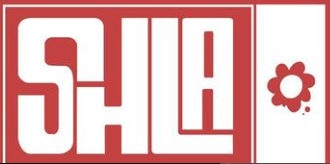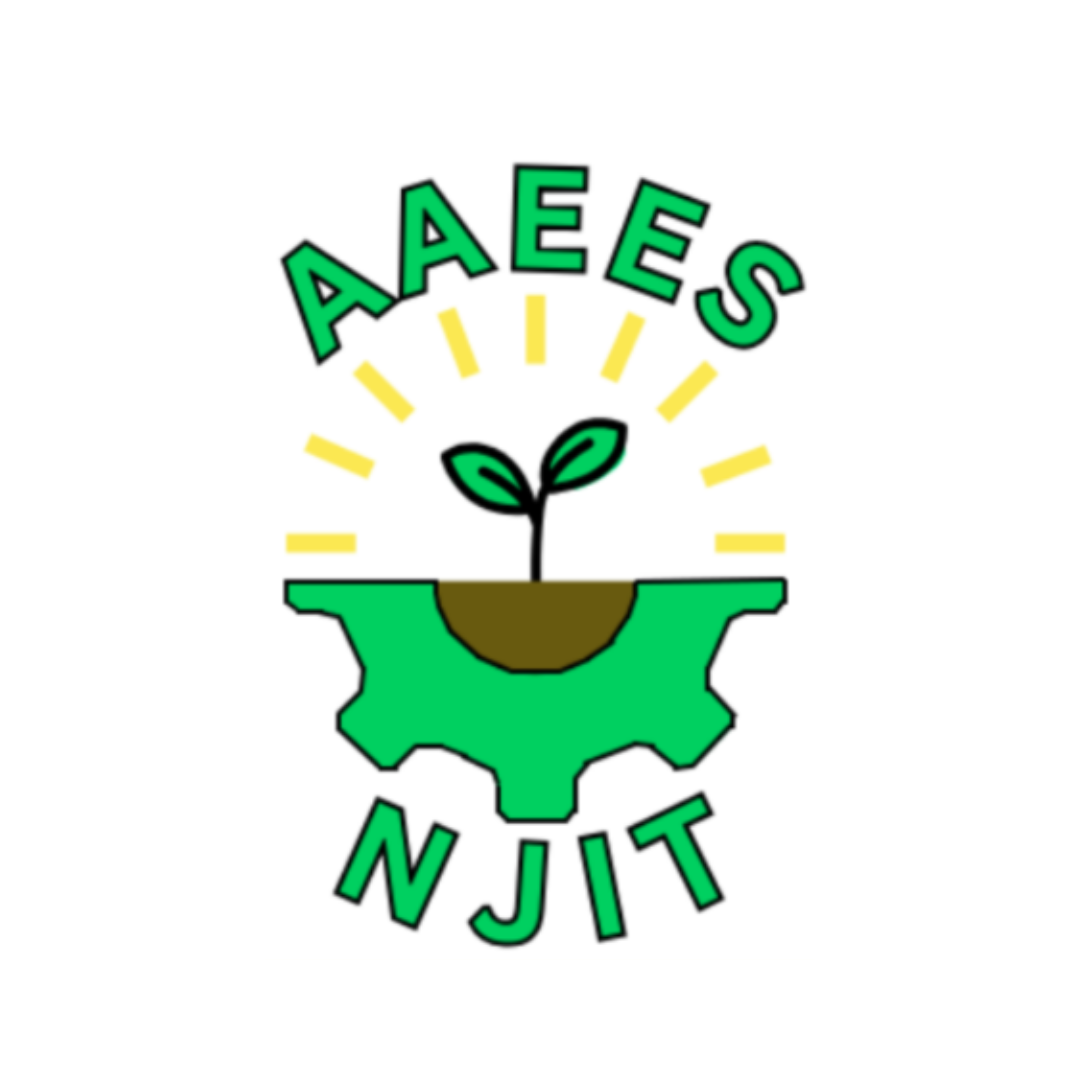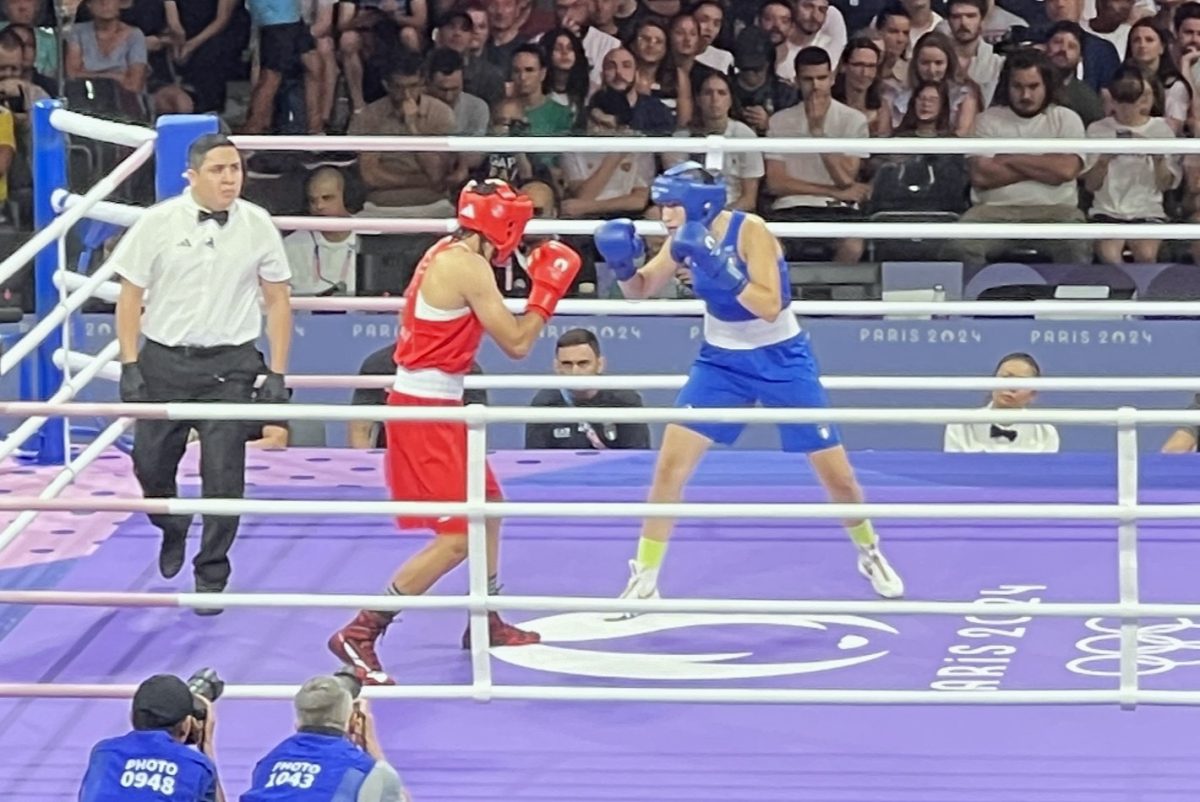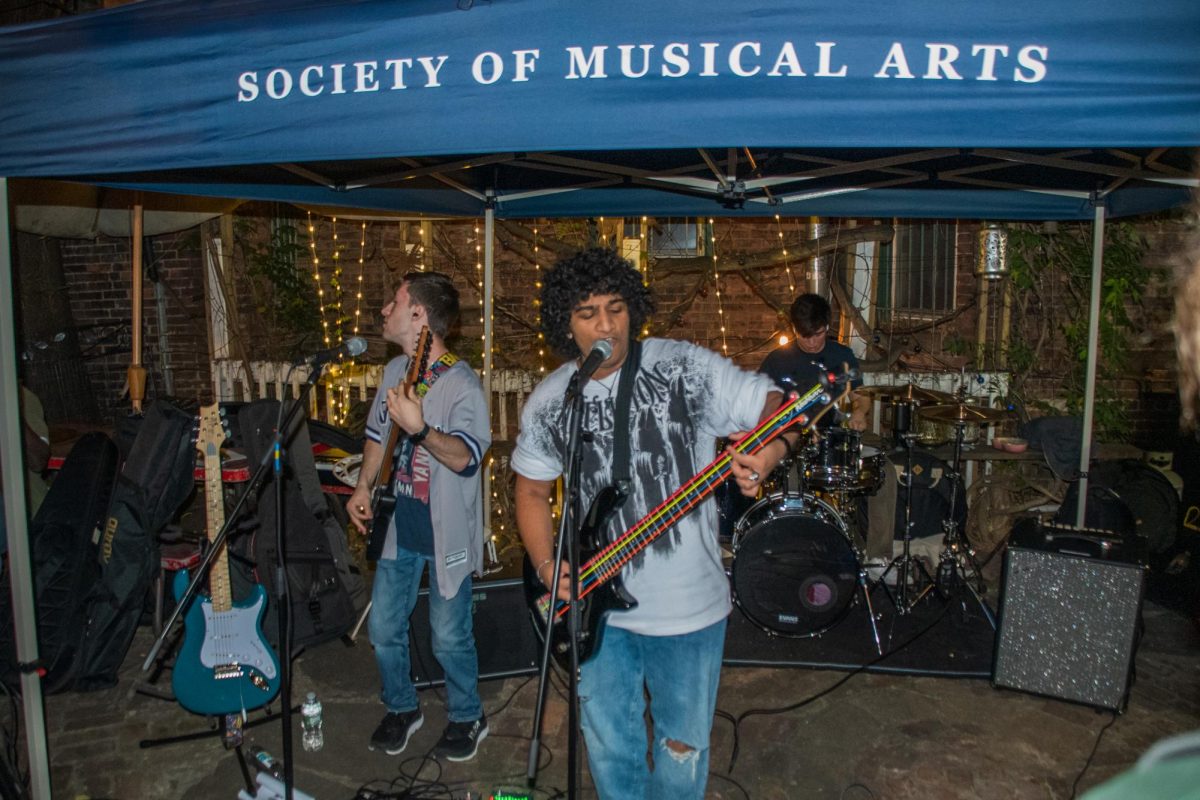For the last four years, NJIT has invited high school students from several Newark schools onto campus to participate in the Math Success Initiative. This program is aimed at providing higher-level mathematical instruction to students hoping to better prepare themselves for a university environment. So far, the program has shown marked success, with 33 of approximately 60 students who enrolled in the program over the past two years eventually becoming NJIT students. Several also enrolled in universities elsewhere.
The program started in 2019 as a partnership between NJIT, the City of Newark, and the Newark Public Schools system. Alongside the Mayor’s Honors Scholars Program – which sought to aid Newark students in joining the Albert Dorman Honors College – the program aimed to increase the number of Newark attendees at the university to at least 600.
The Math Success Initiative is part of a broader movement by the university to integrate itself into the fabric of Newark. In towns with a large university presence, there is often a disconnect between the transient and sometimes more affluent student population and the locals from the area. This disconnect is referred to as ‘town and gown’, and bridging this gap is imperative for universities wishing to remain in good standing in their communities.
NJIT has shown a large interest in involving itself in Newark on other projects. For example, NJIT started the New Jersey Brownfields Assistance Center, which provides the training and resources to help Newark communities repurpose heavily polluted land. Additionally, volunteer efforts by students in the Honors College serve the city through partnerships with the Newark Public Library and Newark Kids Who Code.
Such partnerships are significant for Newark, a city where 26.3% of residents are below the poverty line and where the high school graduation rate was 76% in 2019, over 14 points below the state average, according to Newark Public Schools.
“Low participation rates among underserved and underrepresented student populations are not unique to NJIT; rather, it’s a challenge faced by many higher education institutions across the country,” Jacqueline Cusack, director of NJIT’s Center for Pre-College Programs, stated. “This issue figures significantly in [NJIT’s] past and current strategic plans and informs special initiatives that are designed to increase student diversity.”
The faculty involved in these programs are confident in the Success Initiative’s effects on participating students. Peter Ward, an instructor in NJIT’s Math Department who was involved in the program, commented, “The summer sessions are extremely successful. The students who participate have been motivated and hardworking and have improved their math skills greatly. More than that, you can tell just by speaking with the students that every single student has grown in confidence and in their understanding of how to learn and how to prepare for college classes.”
This was despite large differences in the levels of mathematical experiences among the students. “Some students are coming directly from an Algebra II class, while others have taken Pre-Calculus or even Calculus; some have studied trigonometry in depth and others haven’t ever heard of the unit circle.” Ward credits a generous faculty-to-student ratio in helping the program bridge these gaps.
NJIT is now moving onto fall sessions and is set to continue the Math Success Initiative in the near future. With the enrollment in the program up 29% from the first year of the program to May 2022, there may be hope for future expansion. But this would come with some important prerequisites. Cusack reflects that such an expansion would be contingent on increases in funding for the program, and the initiative would need to carefully maintain the low student-faculty ratios that have contributed to its success thus far.































